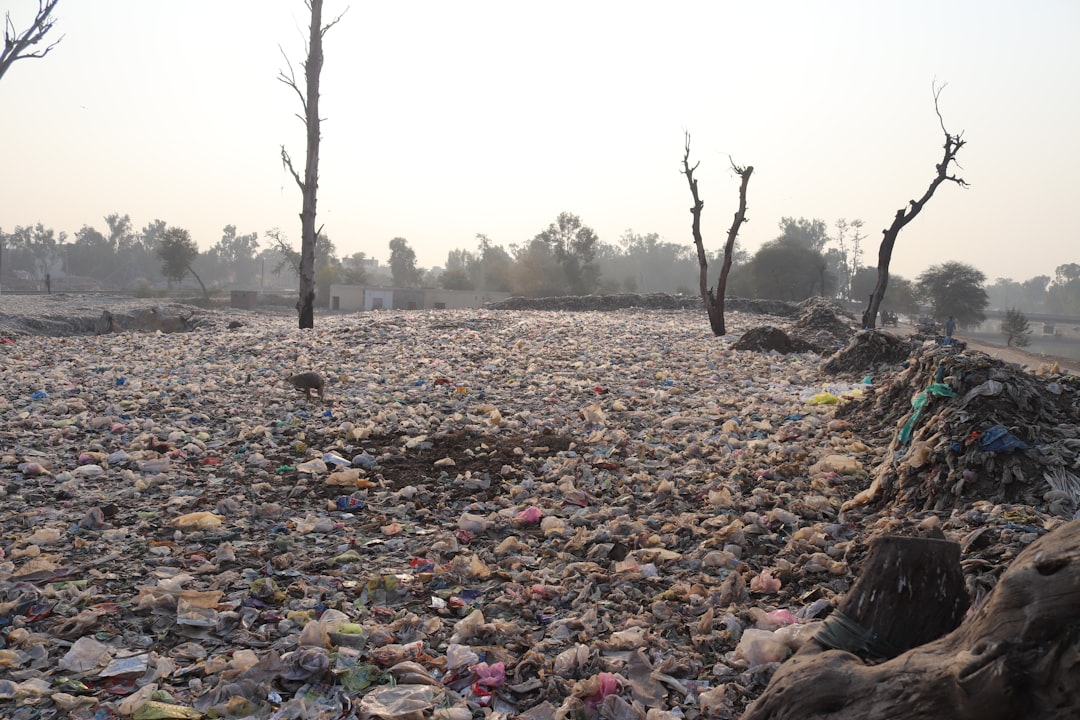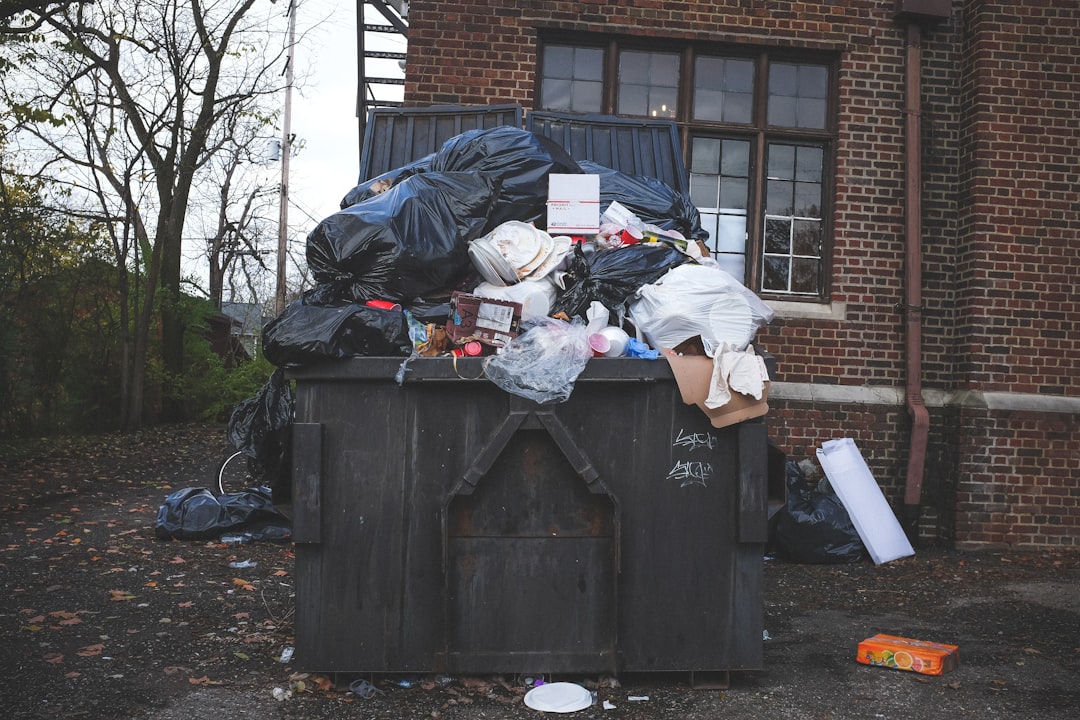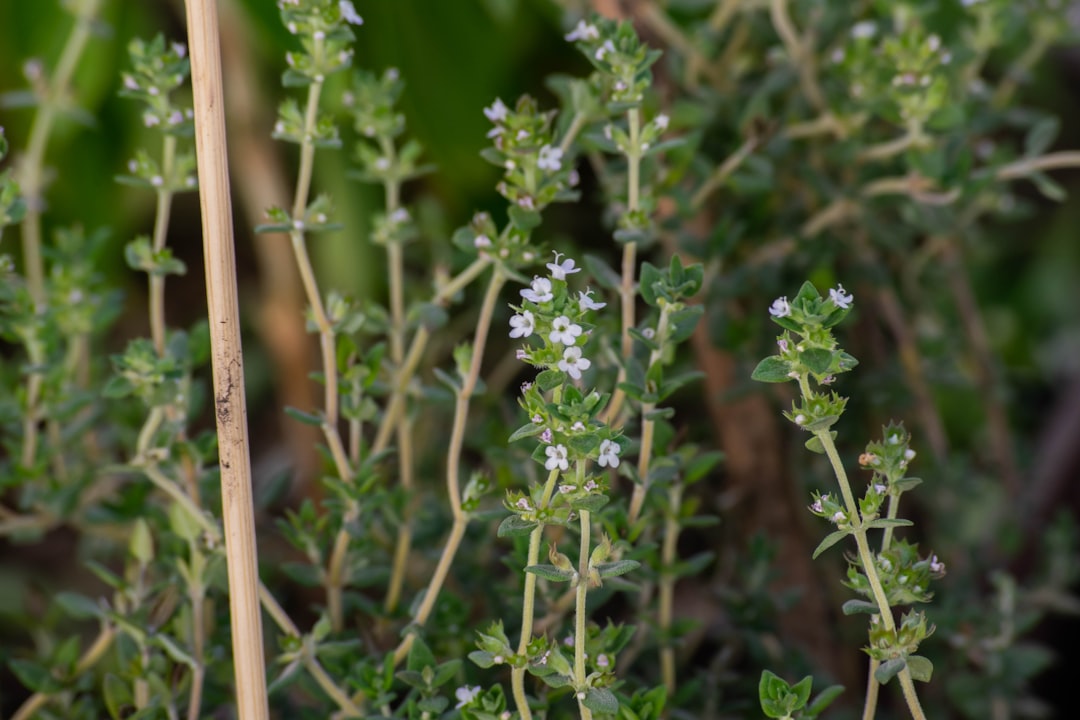The environmental impact of junk accumulation and how to prevent it
The Hidden Threat: Environmental Impact of Junk Accumulation
When we think of environmental pollution, images of factory smoke, plastic-filled oceans, and deforestation often come to mind. However, there's an equally damaging, yet often overlooked, aspect of pollution – junk accumulation. From old electronics to decomposing food waste, our junk is causing serious harm to the environment.

The Environmental Consequences of Junk
Junk accumulation contributes to environmental degradation in numerous ways. First and foremost, landfills – the primary destination for our junk – are a significant source of greenhouse gas emissions. As organic waste decomposes, it releases methane, a potent greenhouse gas that accelerates climate change.

Secondly, junk can lead to soil and water pollution. Harmful substances from electronic waste, plastics, and other types of junk can leach into the soil and water sources, negatively impacting plant, animal, and human health. Additionally, the space required for landfills leads to habitat destruction and loss of biodiversity.
Preventing Junk Accumulation
The good news is that we can all play a part in reducing junk accumulation and its environmental impact. Here's how:
1. Reduce
The first step is to simply consume less. By making mindful purchasing decisions and avoiding unnecessary items, we can significantly cut down on the amount of waste we produce. Remember, the most eco-friendly product is the one you didn't buy.

2. Reuse
Before tossing something in the trash, consider if it can be reused. Old jars can be used for storage, worn-out clothing can be turned into rags, and broken furniture can often be repaired. There are countless ways to give new life to old items, reducing the need for new products and the waste that comes with them.
3. Recycle
When you can't reduce or reuse, recycling is the next best option. While not a perfect solution, recycling can help to minimize the amount of new resources needed and reduce the amount of waste that ends up in landfills. Make sure to familiarize yourself with local recycling guidelines, as not all materials are recyclable everywhere.

4. Compost
Composting is a great way to reduce food waste and create nutrient-rich soil for gardening. By composting, you can help to reduce the amount of organic waste in landfills, thereby reducing methane emissions.
Conclusion
In conclusion, junk accumulation is a serious environmental issue, but it's one that we can all help to address. By adopting the principles of reduce, reuse, recycle, and compost, we can minimize our waste output and lessen our environmental impact. Remember, every little bit helps!

